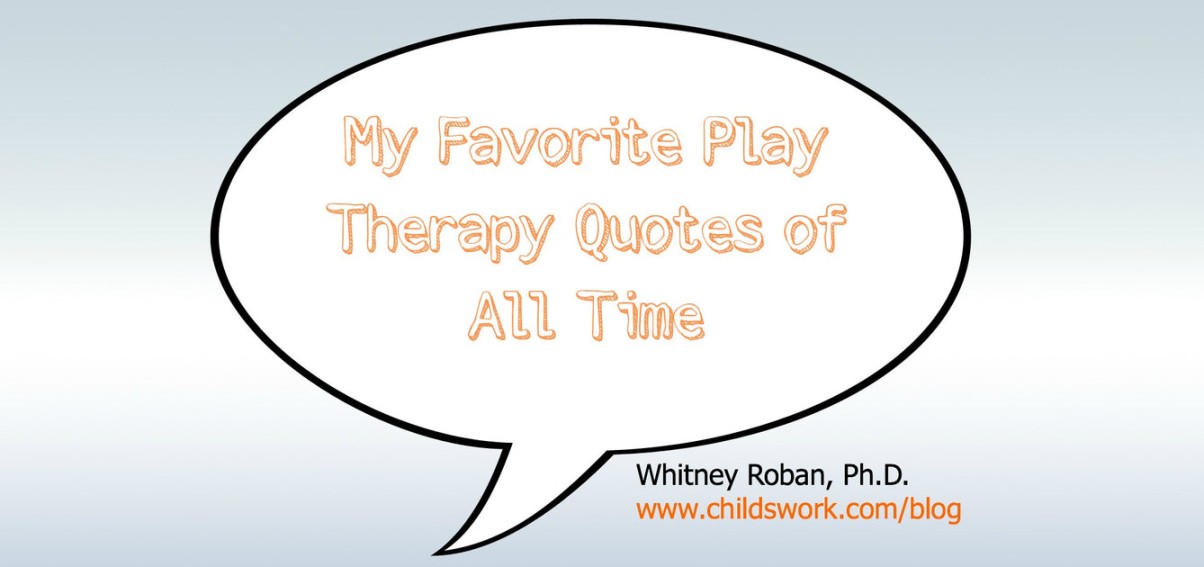
Play therapy is a powerful therapeutic approach that uses play as a means of helping children express their thoughts and feelings in a safe and natural way. Through the use of toys, games, and creative activities, children are able to explore their emotions and work through challenges they may be facing. In play therapy, quotes can serve as powerful tools to inspire and motivate both the therapist and the child. In this article, we will explore some quotes that can be used in play therapy to encourage growth and healing.

One of the key elements of play therapy is the recognition of the power of play in helping children communicate and process their emotions. As renowned play therapist Garry Landreth once said, Toys are children’s words and play is their language. This quote highlights the importance of play as a means of expression for children, and emphasizes the role that toys and games can play in helping children communicate their thoughts and feelings.
Play therapy is a highly effective tool for helping children heal from trauma and overcome challenges. As noted by play therapist Virginia Axline, The child is in charge of the play. The child is the master of the situation. This quote emphasizes the importance of allowing children to take the lead in play therapy sessions, as it empowers them to explore and resolve their emotions in their own way and at their own pace.
In play therapy, building a strong therapeutic relationship with the child is essential for the success of the therapy. As play therapist Sueann Kenney-Noziska once said, Connection before correction. This quote highlights the importance of establishing a strong bond with the child before addressing any behavioral or emotional issues. By prioritizing connection, therapists can create a safe and trusting environment where children feel comfortable expressing themselves.
Play therapy encourages creativity and imagination as tools for healing and growth. As play therapist Lisa Dion once said, Children don’t need to be fixed, they need to be heard. This quote underscores the importance of listening to children’s stories and allowing them to express themselves through play. By providing a space for creativity and self-expression, play therapy can help children develop coping skills and build resilience.
In conclusion, quotes can be powerful tools in play therapy, inspiring and motivating both therapists and children to engage in the healing process. By incorporating quotes that emphasize the power of play, the importance of connection, and the value of creativity, therapists can create a supportive and nurturing environment where children can explore their emotions and work through challenges. Play therapy quotes can serve as reminders of the transformative potential of play therapy, helping both therapists and children to stay focused on the journey of healing and growth.
1. How can play therapy quotes be used in sessions with children?
Play therapy quotes can be used as conversation starters, prompts for reflection, or as affirmations of the child’s progress and growth.
2. Are there specific quotes that are recommended for play therapy?
There is a wide range of quotes that can be used in play therapy, and therapists may choose quotes that resonate with their therapeutic approach and the needs of the child.
3. How can quotes help to motivate therapists in their practice of play therapy?
Quotes can serve as reminders of the importance of play therapy and the positive impact it can have on children’s lives, motivating therapists to continue their work with dedication and compassion.
4. Can children benefit from creating their own quotes in play therapy?
Encouraging children to create their own quotes can be a powerful therapeutic activity, as it allows them to express their thoughts and feelings in a creative and meaningful way.
5. How can parents incorporate play therapy quotes into their interactions with their children at home?
Parents can use play therapy quotes as a source of inspiration and guidance in supporting their children’s emotional development, incorporating them into daily conversations and interactions to foster a nurturing and supportive environment.